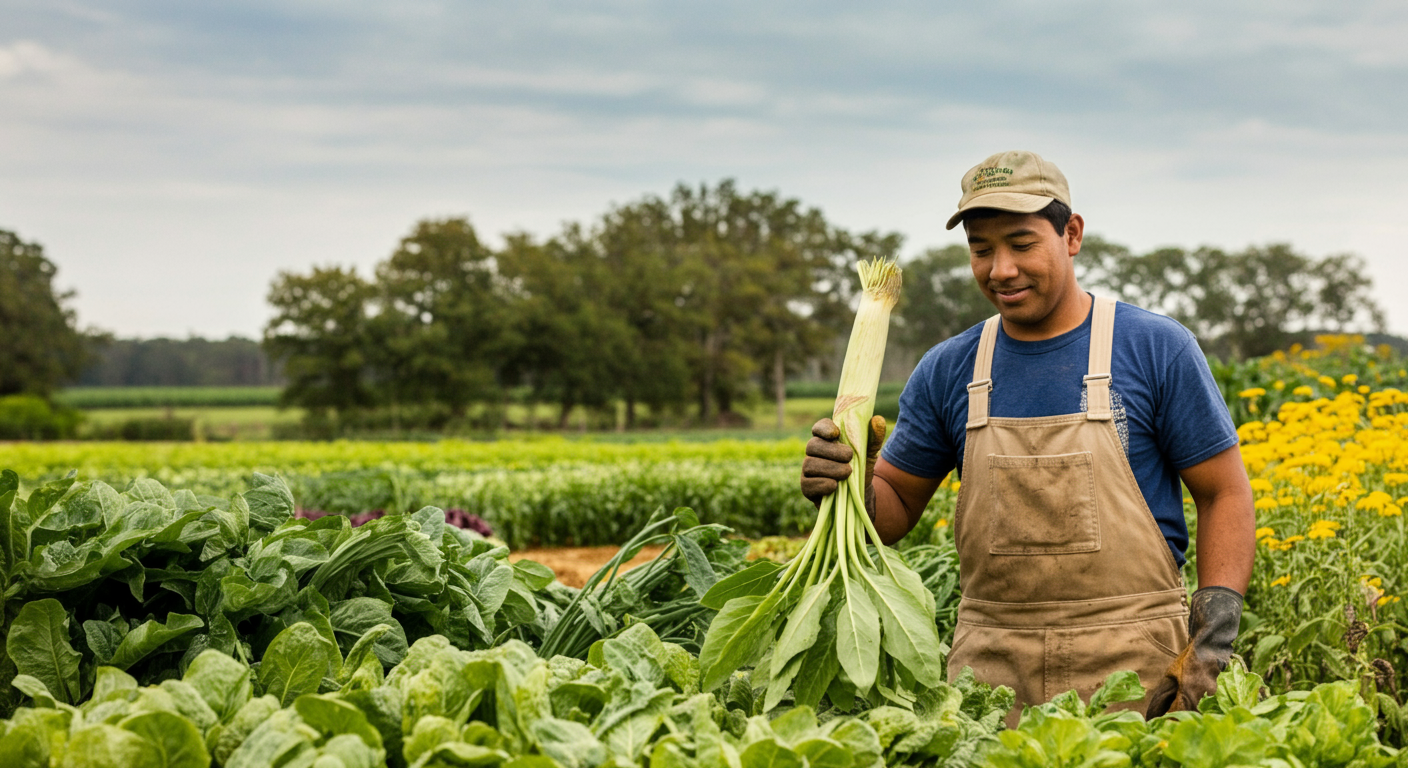Ethical Considerations in Agricultural Labor: Cultivating Fairness and Dignity
Agriculture is the backbone of societies worldwide, providing the food and resources that sustain life. Yet, behind the bounty of our harvests lies the often-overlooked labor of millions of farmworkers. Ethical considerations in agricultural labor are essential to ensuring fairness, dignity, and sustainability for those who cultivate the land.

The Human Cost of Food Production
Farm labor is physically demanding, often involving long hours in harsh conditions—extreme weather, exposure to pesticides, and repetitive tasks that strain the body. Many agricultural workers, including migrant and seasonal laborers, face low wages, inadequate housing, and limited access to healthcare. These challenges raise important ethical questions about how we value and protect the people who feed us.
Fair Wages and Economic Justice
One of the most pressing ethical issues in agriculture is fair compensation. Many farmworkers earn wages that keep them below the poverty line, despite their essential role in food production. Ethical labor practices require paying living wages that allow workers to support themselves and their families. Supporting fair trade initiatives and companies that prioritize equitable pay can help drive systemic change.
Safe and Healthy Working Conditions
Farmworkers frequently encounter occupational hazards, from chemical exposure to injuries from machinery. Ethical agricultural practices must prioritize workplace safety through:
- Proper training and protective equipment
- Regulations limiting harmful pesticide use
- Access to clean water, shade, and breaks to prevent heat-related illnesses
Governments, employers, and consumers all play a role in advocating for safer conditions.
Migrant Labor and Human Rights
Migrant workers are especially vulnerable to exploitation due to language barriers, uncertain legal status, and fear of retaliation. Ethical treatment includes:
- Ensuring fair recruitment practices (no excessive fees or debt bondage)
- Providing legal protections against wage theft and abuse
- Offering pathways to citizenship or stable work visas
Recognizing the dignity of migrant laborers is a moral obligation for any society that benefits from their work.
Child Labor and Education
In some regions, children work in agriculture out of necessity, missing school and facing dangerous conditions. Ethical farming requires enforcing child labor laws and supporting programs that keep children in education while assisting their families economically.
Consumer Responsibility
As consumers, our choices influence labor conditions. By supporting brands and farms that uphold ethical labor standards—such as Fair Trade, Organic, or worker-owned cooperatives—we contribute to a more just food system. Asking questions about where our food comes from and how workers are treated can drive demand for fair practices.
A Call for Systemic Change
True ethical progress in agricultural labor requires policy reforms, corporate accountability, and grassroots advocacy. Organizations fighting for farmworker rights deserve support, and public awareness can push industries toward transparency and fairness.
At its heart, ethical agricultural labor is about respect—recognizing that those who plant, tend, and harvest our food deserve dignity, safety, and fair treatment. By addressing these issues thoughtfully, we can cultivate a food system that nourishes not just our bodies, but also our collective humanity.